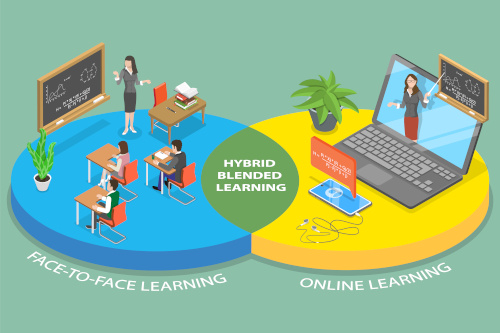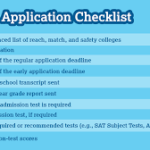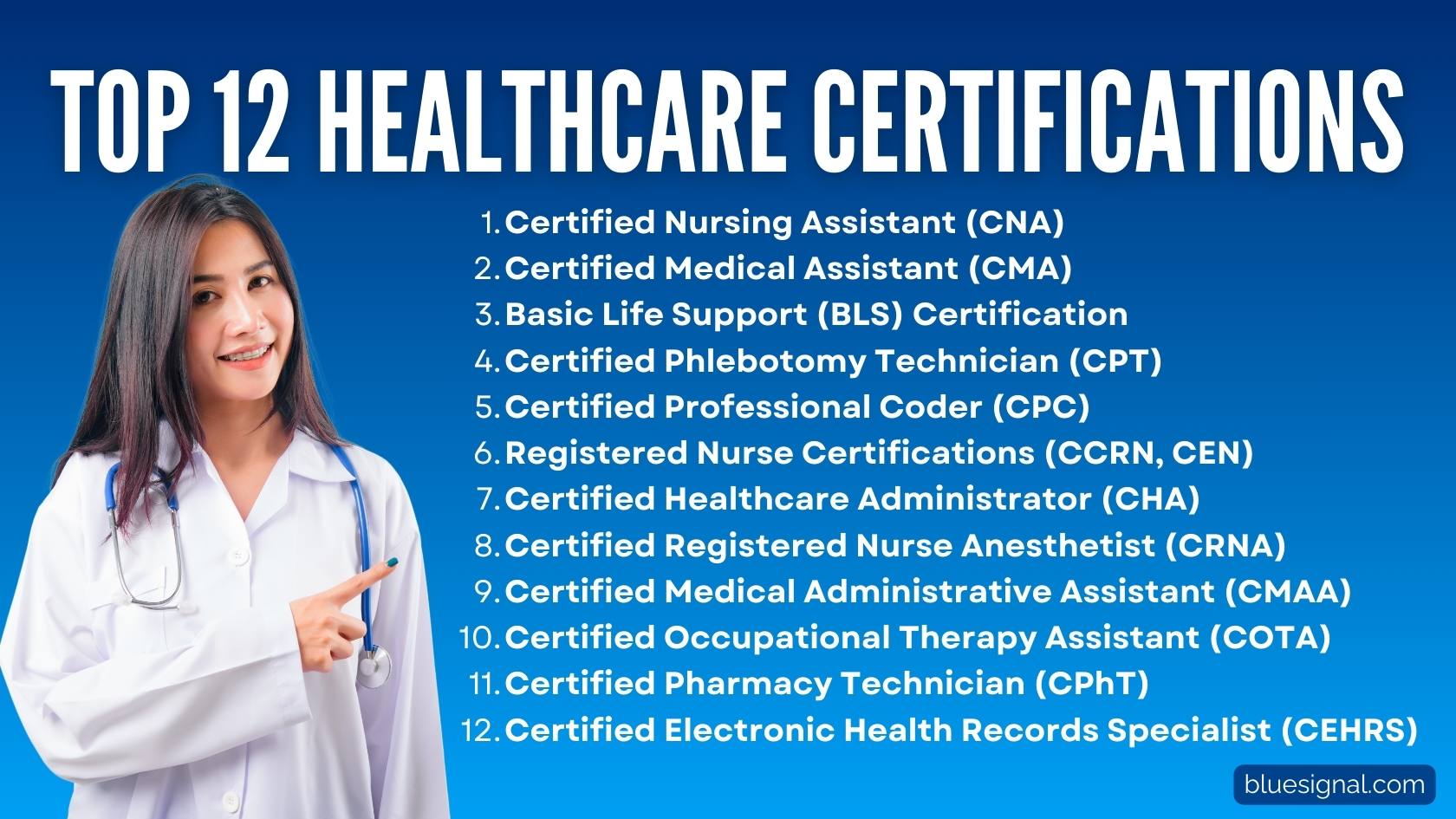The educational landscape has undergone a seismic shift since the pandemic, with hybrid learning emerging as a popular middle ground between traditional and fully online education. But will this model stand the test of time, or fade away as campuses return to normal? Let’s examine both sides of this evolving debate.
Understanding Hybrid Learning

Hybrid education combines:
- Face-to-face instruction (for interactive sessions, labs, and discussions)
- Digital components (pre-recorded lectures, online assignments, virtual exams)
This blended approach aims to provide the best of both worlds: campus engagement with digital convenience.
The Case for Hybrid Learning as the Future
1. Meeting Modern Student Needs
- Flexibility for working students who need to balance jobs and studies
- Reduced commute times and costs for those living off-campus
- Self-paced learning options through recorded materials
2. Institutional Benefits
- Optimized classroom space with staggered in-person attendance
- Broader reach to students beyond geographic limitations
- Cost efficiencies in facility maintenance and operations
3. Technological Advancements
- Sophisticated learning management systems (Canvas, Blackboard)
- Immersive virtual reality for lab simulations
- AI-powered tutoring and personalized learning tools
Arguments Against Hybrid Learning’s Longevity
1. Pedagogical Limitations
- Hands-on disciplines (medicine, engineering, performing arts) require physical presence
- Diminished peer interaction affects collaborative learning
- Varied learning styles – many students thrive in traditional settings
2. Implementation Challenges
- Resource disparities between well-funded and smaller institutions
- Faculty burnout from managing dual delivery modes
- Academic integrity concerns with remote assessments
3. Workforce Perceptions
- Certain industries still favor traditional degree pathways
- On-campus networking opportunities remain unparalleled
- Professional certifications often mandate in-person training
The Likely Future: A Balanced Ecosystem
Education analysts predict a stratified future:
| Institution Type | Likely Approach |
| Ivy League & Elite Schools | Primarily in-person with some hybrid elements |
| State Universities & Community Colleges | Significant hybrid expansion |
| Vocational/Trade Schools | Mostly hands-on with minimal digital components |
| Continuing Education | Predominantly online with optional in-person sessions |
Making the Right Choice for Your Education
Hybrid may be ideal if you:
- Need schedule flexibility
- Are comfortable with self-directed learning
- Study theory-heavy disciplines
Traditional might suit you better if you:
- Thrive in structured classroom environments
- Pursue hands-on fields
- Value the complete campus experience
Final Perspective: An Enduring Option, Not a Replacement
While hybrid learning won’t completely displace traditional education, it has proven its value beyond being just a pandemic stopgap. As technology improves and student preferences evolve, expect hybrid models to become a permanent fixture in higher education’s diverse offerings.











